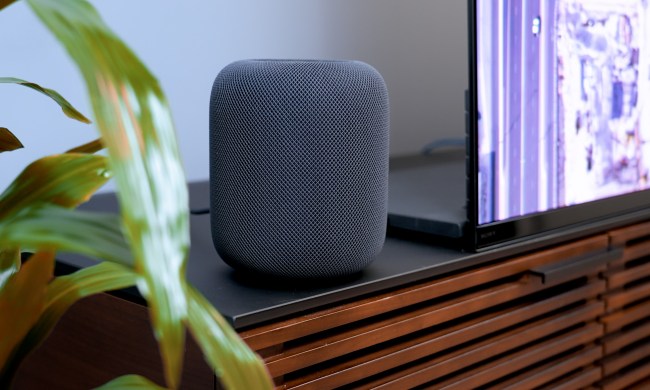More than a third of broadband-equipped households now own at least one remotely monitored internet-connected device, with smart speakers outpacing the next most popular categories — thermostats and networked cameras — by a margin of more than three to one, analysts at Parks Associates report.
Parks Associates, a research firm that is focused on consumer trends in connected devices and services, bases its findings on quarterly surveys of 10,000 consumers. The company announced its latest research Tuesday, May 21, in Burlingame, California at its annual Connections conference on connected home technology.
Parks’ survey for the second quarter of 2019 found that 36% of broadband-equipped homes own a connected device, up from 32% in the three previous years. The same percentage of broadband homes own smart speakers, such as Amazon’s Echo or Google Mini.
In contrast, the only other smart home products that were able to break double-digit adoption figures were smart thermostats (11% of broadband homes) and networked security cameras (10%). The next most popular categories: smart lightbulbs and video doorbells (8%), and smoke/carbon dioxide detectors (7%).
However, video doorbells topped the list of planned smart device purchases, with a quarter of survey respondents saying they intend to buy a video doorbell at some point in the future. The next most popular planned purchases were smart lightbulbs (24%), smart thermostats and smoke detectors (23% each), and networked cameras (22%).
Brad Russell, Parks’ connected home research director, noted that the average number of connected devices per broadband home is also on the rise, reaching 10.4 devices in 2018. Among the subset of broadband homes that own at least one connected device, the average number of devices owned reached six, at which level “control systems become important,” Russell said.
Parks’ research on factors influencing consumer purchasing decisions found that the most important consideration, cited by nearly two-thirds (64%) of those surveyed, was whether a product worked with a buyer’s existing voice-enabled smart speaker. Good reviews came in second at 61%, and brand considerations were generally lower.
The top reason cited for not purchasing a smart home product was not seeing a lifestyle benefit, cited by 54% of survey respondent.s In contrast, 45%said expense was the deterrent, and only 25% expressed privacy and security concerns.


